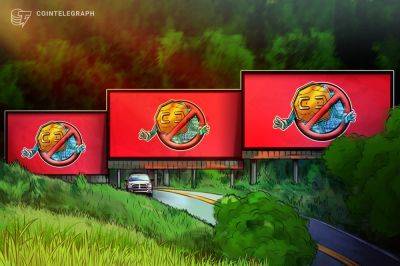Running out of battery: how post-Brexit Britain is failing to set up a future-focused economy
T he UK government looks set to land a deal with Tata-owned Jaguar Land Rover, in which the company will construct an electric-vehicle battery plant in Somerset in exchange for about £500m in subsidies. Jaguar Land Rover had previously warned that Brexit tariff rules could make production in the UK inviable.
This is not the only time ministers have been warned about the effects of Brexit on investment. Already, the UK’s decision to leave the EU is costing £100bn a year in output. Of more than 100 leading UK manufacturers, almost half have said their EU suppliers are growing more cautious about doing business in the UK.
So should the government be doing deals like this to try to make the UK more competitive? The answer is that one-off deals unfortunately don’t work. For this to be more than a desperate attempt to woo back capital flight, ministers need a more thoughtful approach to industrial strategy. Deals must be part of a broader, joined-up plan to align investments with commitments to decarbonise transport and supply chains across the economy.
On this front, the UK faces steep competition. The US and EU are ramping up industrial strategy investments. The US’s industrial strategy could lead to public and private investment reaching a total of about $3.5tr over the next decade. At the same time, the EU is financing its largest stimulus package ever, with a €2tr deal aimed at building a green and digital future. The UK has nothing of this kind. In fact, with austerity back on the agenda, the country is moving in the opposite direction.
It doesn’t help that the UK’s industrial policy seems to change every year. Every time there is a new minister, they reinvent the wheel, putting forth a new growth plan with new priorities,
Read more on theguardian.com



















